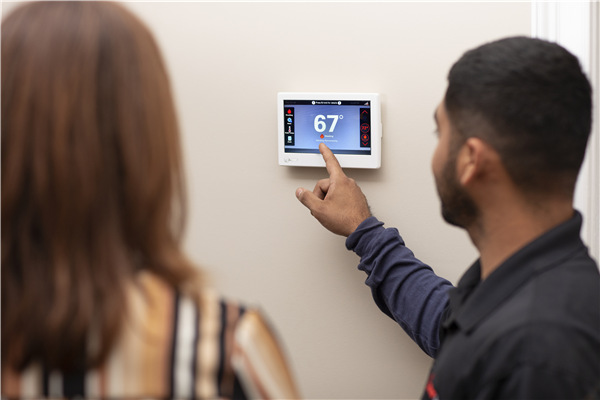Try using demand-controlled ventilation to improve your indoor air quality. Demand-controlled ventilation is a smart and energy-efficient way to ensure that your home or office has clean and healthy air. By automatically adjusting the ventilation rates based on the occupancy and pollutant levels, this system helps maintain optimal indoor air quality while reducing energy consumption.
One of the key benefits of demand-controlled ventilation is its ability to improve energy efficiency. Traditional ventilation systems often operate at a constant rate, regardless of whether there are people in the space or if pollutants are present. This can result in unnecessary energy usage and higher utility bills. With demand-controlled ventilation, the system only operates when needed, saving both energy and money.
Indoor air pollutants can have a significant impact on our health. From allergens to volatile organic compounds (VOCs), these pollutants can cause respiratory issues, allergies, headaches, and other health problems. Demand-controlled ventilation helps remove these contaminants by increasing airflow when pollutant levels rise above acceptable thresholds.
Ventilation rates play a crucial role in maintaining good indoor air quality. Insufficient ventilation can lead to stagnant air, increased humidity levels, and an accumulation of airborne contaminants. By monitoring occupancy levels and adjusting airflow accordingly, demand-controlled ventilation ensures that fresh outdoor air is consistently brought inside while removing stale indoor air.
Investing in demand-controlled ventilation not only improves your indoor air quality but also promotes energy efficiency. It's a win-win solution that provides you with clean and healthy air while reducing your environmental footprint.

